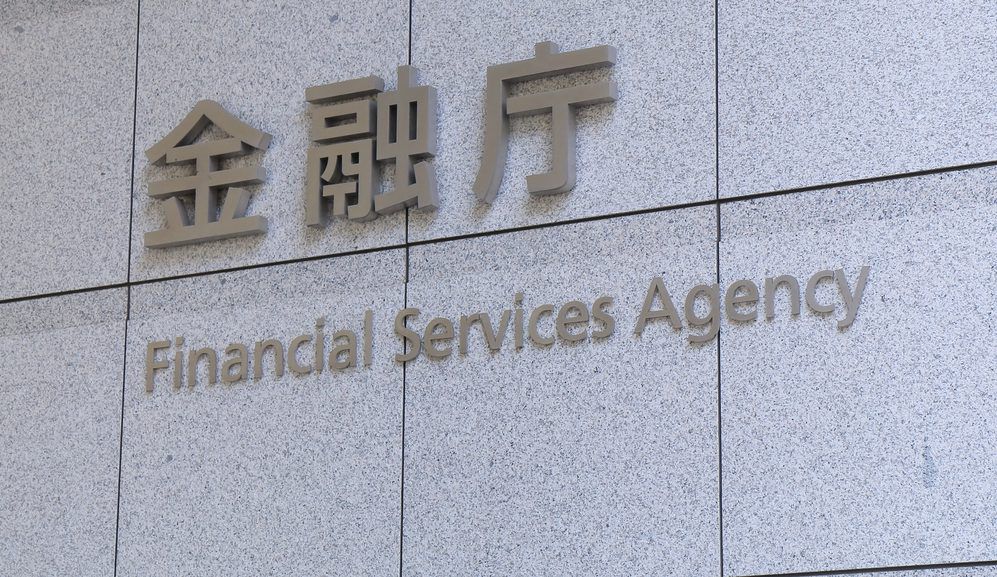Japan’s top banking regulator will introduce new legislation in 2022 that seeks to limit the issuance of stablecoins to banks and wire transfer companies, according to a report from Nikkei Asia on Monday.
The regulations that will be proposed by Japan’s Financial Services Agency (FSA) are an effort to tighten the agency’s grip on the stablecoin market to protect consumers from potential risks from asset-backed stablecoins like Tether.
The FSA’s move mirrors similar proposals in the United States. In November, the President’s Working Group on Financial Markets, along with other regulators including the Office of the Comptroller of the Currency (OCC), released a report on stablecoins that included recommendations to treat stablecoin issuers like banks.
According to the report, the legislation will also include steps to prevent money laundering via stablecoins by giving the agency additional oversight over intermediaries such as wallet providers, and also adding additional know-your-customer (KYC) measures.
In January, a consortium of over 70 major Japanese corporations, including Mitsubishi, are expected to begin trialing a central bank digital currency (CBDC), the digital yen, that they say will work like bank deposits.














